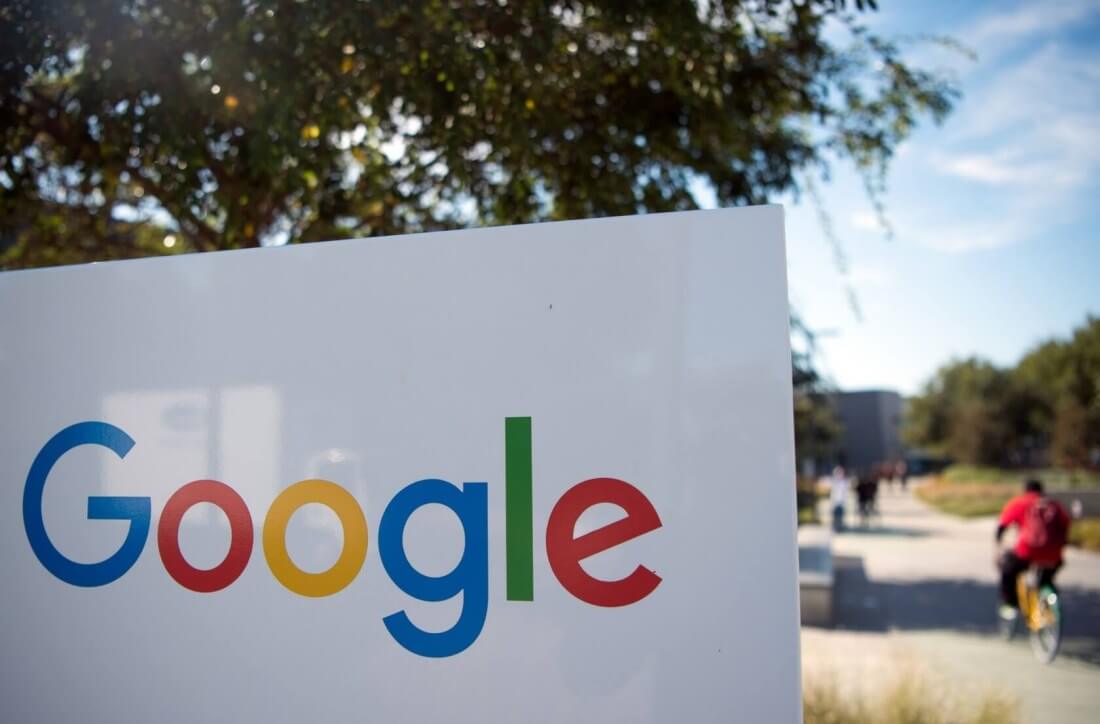
Google is in trouble with the EU yet again, but this time around, the penalties could be much more severe.
For the unaware, Google was hit with a $2.72 billion fine back in June 2017, following a six-year antitrust case lodged against the company by the European Union Commission.
At the time, the Commission found that Google was systematically giving "prominent placement" to its own comparison shopping service by manipulating search rankings. Furthermore, the Commission claimed Google actively demoted rival comparison shopping services in search results.
Now, however, Google is expected to get hit with a much larger fine; the penalty for the EU Commission's latest antitrust case could be up to $11 billion, though the final amount will likely be lower than that.

The reason for this substantial fine increase lies in new information discovered by the Commission. Specifically, the regulatory organization found that Google binds phone makers by certain anti-competitive rules if they want to use the Android mobile operating system.
The search giant reportedly requires Android device manufacturers to include Google Search and the Google Play Store as the default search and store options on all new devices. Google publicly defended their business model in a blog post published back in 2016, but it seems the company's protests won't be enough to dodge regulatory action.
At any rate, the EU Commission is expected to tally up and issue the total fine amount sometime today or Wednesday. We'll update this article if we learn more.
https://www.techspot.com/news/75539-eu-reportedly-planning-hit-google-another-antitrust-fine.html